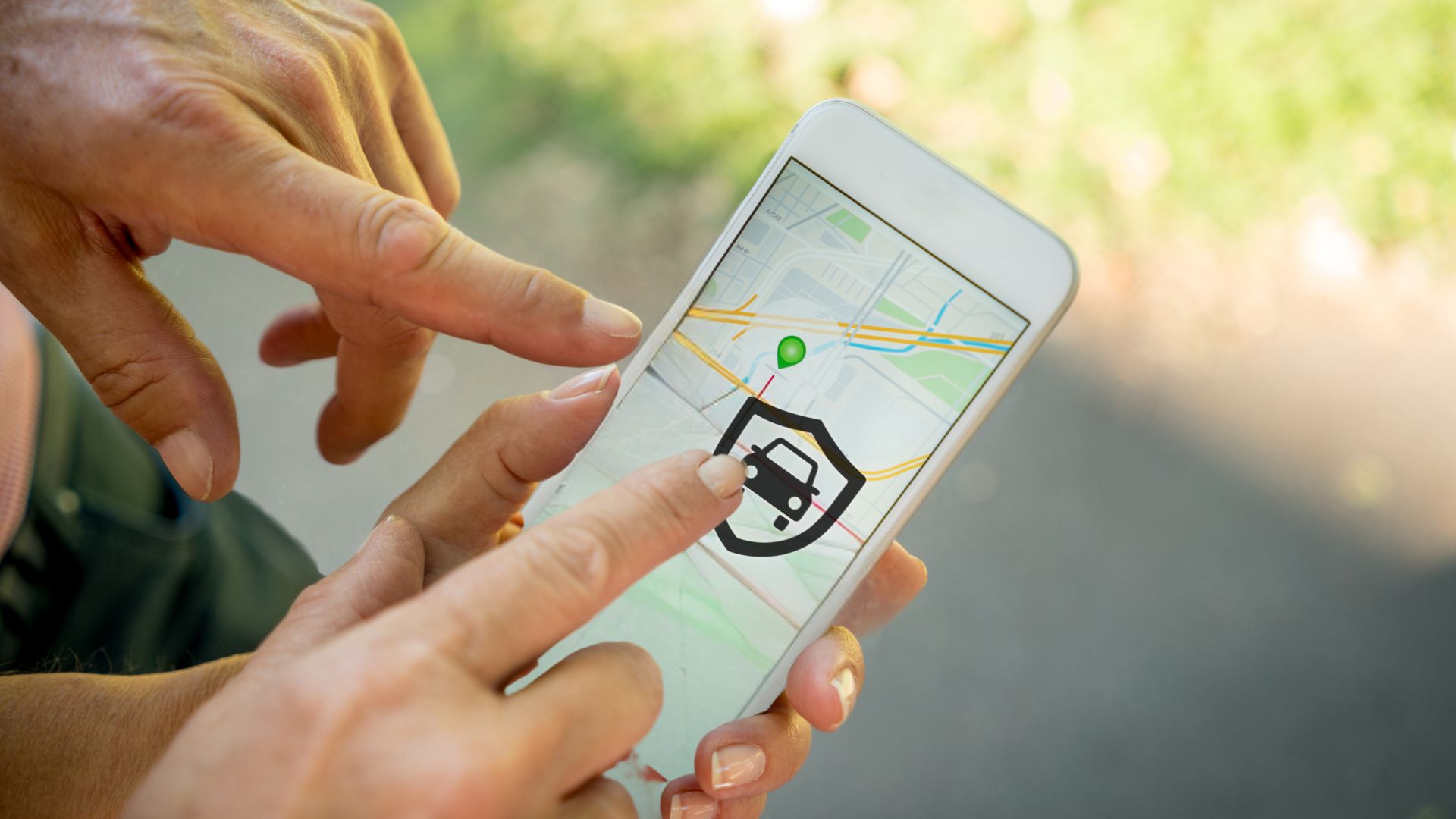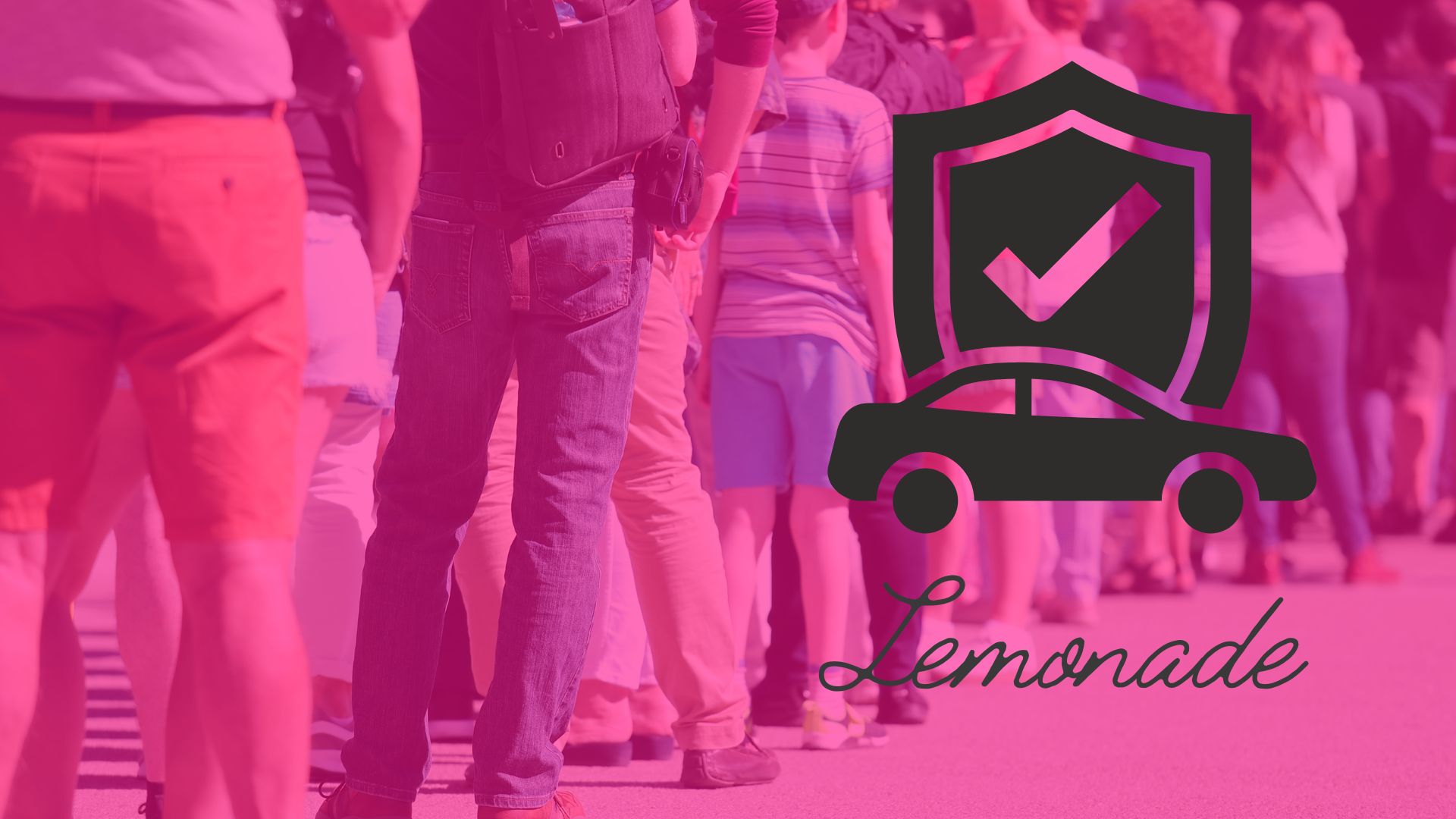Lemonade’s 700,000 Waiting Customers: The Future of Car Insurance Is Knocking
When Lemonade, the tech-driven disruptor in the insurance world, announced that over 700,000 customers are lined up, eagerly awaiting its car insurance rollout in regions where it’s not yet available, it turned a few heads. That’s not just a waitlist—that’s a crowd, and it’s a strong indicator that something significant is brewing in the car insurance industry. But what’s fueling this surge of interest? And what does it say about where the insurance market is headed?
Lemonade’s Growing Waitlist: A Sign of Things to Come in Car Insurance
Lemonade, already a recognized brand in renters, homeowners, and pet insurance, has accelerated its push into auto coverage. While car insurance is now live in several U.S. states, the 700,000-strong waitlist represents those in regions still waiting for rollout. For perspective, that’s more than the population of Seattle or Denver sitting on the sidelines, eager for access to Lemonade’s offering.
The enthusiasm partly stems from Lemonade’s tech-centric approach to insurance. Powered by artificial intelligence, the company simplifies sign-ups, claims, and policy management. Its app-based interface appeals to those fed up with traditional insurers’ clunky websites and endless paperwork. There’s also the promise of affordability; Lemonade uses AI to minimize operational costs, which can translate into lower premiums.
At a glance, this strategy seems to have tapped into a growing pool of consumers who value convenience and transparency. But beneath the surface, the popularity of Lemonade’s waitlist points to broader shifts in consumer expectations for insurance providers.
The Tech-Driven Shift in Insurance Demand
Technology is redefining how insurance is sold, purchased, and managed. Lemonade’s approach illustrates a seismic shift toward digitalization, one that other providers are also racing to adopt. According to a recent study, 60% of consumers prefer to manage their insurance policies via mobile apps. Another survey found that nearly half of U.S. policyholders would consider switching to a provider offering seamless digital experiences.
Lemonade isn’t alone in leveraging AI and data analytics. Usage-based insurance (UBI), which adjusts premiums based on driving habits tracked through apps or telematics devices, is gaining traction. Traditional insurers like Progressive and Geico have introduced UBI products, but startups like Lemonade are more agile in integrating AI-driven risk assessments from the ground up. This agility resonates with tech-savvy consumers and younger drivers accustomed to intuitive interfaces and tailored services.
Why Traditional Models Are Feeling the Pressure
While Lemonade may seem like a shiny new toy in a centuries-old industry, its rise poses legitimate questions for traditional insurers. Why wait for policy quotes over the phone or stress over ambiguous fine print when you can accomplish the same thing in minutes on an app? Legacy insurers increasingly look like they’re playing catch-up as startups set the pace with user-centric innovation.
Additionally, conventional models don’t always align with current lifestyles. For example, as gig and freelance work grows, so does the need for flexible car insurance that covers temporary or part-time use. Lemonade and its peers are better equipped to adapt policies to suit such demands.
Still, this tech-first leap isn’t without its challenges. While algorithms can accelerate underwriting and claims adjustment, they come with risks. Does the AI correctly assess a policyholder’s unique circumstances? More importantly, how transparent are these systems in explaining premium calculations? The push to modernize insurance could alienate consumers who don’t fully understand (or trust) how their risks are being quantified.
The Perks and Pitfalls of a Digitally Steered Future
For all its promise, the shift toward digital insurance introduces both opportunities and complexities. On the upside, platforms like Lemonade foster inclusivity by making insurance easier to access and comprehend. They also respond to a growing demand for sustainability in the industry. Lemonade’s much-publicized policy of donating leftover premiums to charitable causes hits the sweet spot for socially conscious consumers.
On the downside, newer players like Lemonade have yet to face the full spectrum of challenges that come with scaling. Insurance is more than delivering a slick digital platform; it’s a deeply regulated, heavily scrutinized market. Can these upstarts handle the lasting claims burden from catastrophic events as capably as their traditional competitors?
Then there’s the question of whether other regions and countries will welcome fully tech-enabled insurers. Regulation, infrastructure, and cultural attitudes toward financial services vary widely, meaning one-size-fits-all innovation might not work across global markets.
What This Means for Insurance Buyers
If you’re currently dealing with an insurer that operates with the speed and engagement of a dial-up modem, Lemonade’s waitlist and the tech-driven transformation behind it should pique your curiosity. The industry’s evolution is geared toward offering more transparency, flexibility, and instant convenience.
But don’t toss your traditional insurer aside just yet. The over-700,000-strong waitlist suggests enthusiasm, not universal approval. Whether tech-first models can maintain their promises of affordability and rapid resolution as they grow remains to be tested.
The Road Ahead for Car Insurance
What’s clear is that the insurance landscape is shifting from a static “set it and forget it” product to one that’s dynamic and personalized. The growing waitlist for Lemonade’s car insurance isn’t just a reflection of its brand visibility but a sign of mounting pressure on traditional players to adapt.
Looking ahead, the integration of AI, telematics, and automation isn’t likely to fade. If anything, it marks the early days of a sweeping transformation. For industry players, the choice is simple yet daunting: evolve or fade into obscurity.
For consumers, however, these changes signal more choices, tailored solutions, and maybe, just maybe, car insurance they don’t dread dealing with. The kind you can manage with a tap on your phone and, ideally, never have to lose sleep over. If Lemonade and its 700,000 would-be customers have their way, the car insurance of tomorrow might actually feel like it belongs in the 21st century.


